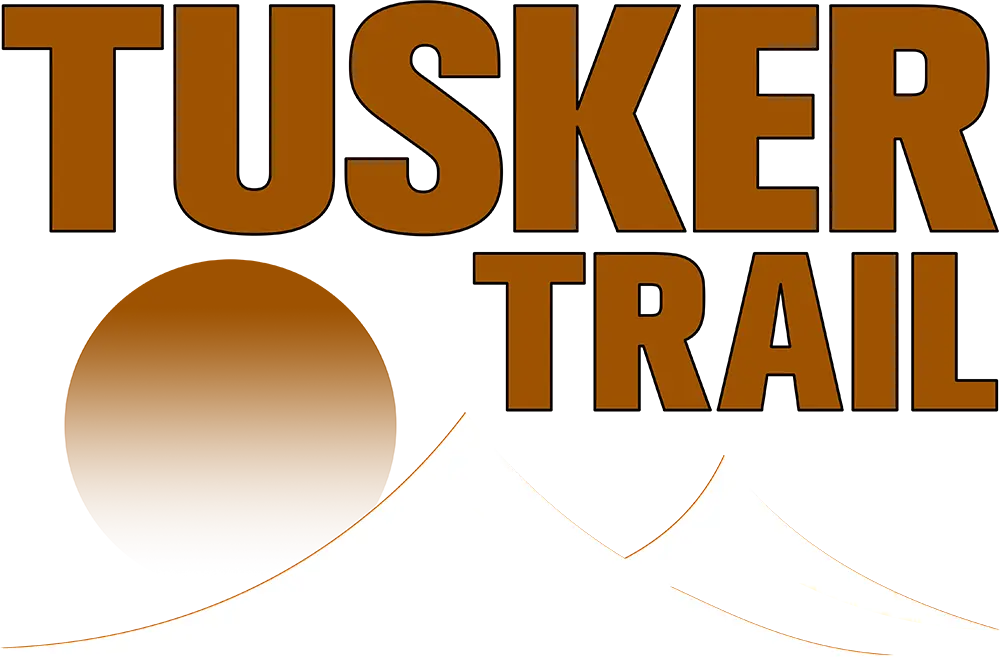International:
North America:
Menu

THE KINGS OF KILIMANJARO
International:
North America:
- Home
- Kilimanjaro Climb
- Kilimanjaro Planner
- Other Treks
- About Us
- Dates + Prices + Booking
- Contact
International:
North America:

THE KINGS OF KILIMANJARO
International:
ACHIEVE THE SUMMIT OF
Climbs for All Budgets
UNMATCHED
SAFETY
48 YEARS OF KILIMANJARO EXCELLENCE
LEMOSHO ROUTE
12 Days – $6,340
SPIRAL ROUTE
14 Days – $6,790
Field Guide to Kilimanjaro’s Flora
MACHAME ROUTE
9 Days – $3,180
Optional Extras –
MARANGU ROUTE
8 Days – $2,790
Optional Extras –

WHY WE LEAD OUR
48 Years on Kilimanjaro –
Thousands to the Summit
We are not just another online booking service. We’re a family-owned and run Kilimanjaro guiding company, deeply rooted at the base of the mountain. Operating a full-scale ground operation, we extend across continents, with offices in Tanzania and the USA. We train and employ our own expert Tanzanian guides and climbing teams, using high quality gear, vehicles and local connections.
Our full-time medically-trained guides allow us to conduct independent climbs with unique advantages to you, such as direct access to our expert knowledge and hands-on support during your climb. Our highly experienced teams and our responsive approach make for a wholesome experience tailored to each climber’s momentary needs. With our operation on the ground, we have everything necessary to deliver a superb climb, from your pre-climb preparation, to the climb itself.
With almost five decades of Kilimanjaro guiding experience, we guarantee an unrivaled experience at a reasonable price.
WHY WE LEAD OUR
We are not just another online booking service. We’re a family-owned and run Kilimanjaro guiding company, deeply rooted at the base of the mountain. Operating a full-scale ground operation, we extend across continents, with offices in Tanzania and the USA. We train and employ our own expert Tanzanian guides and climbing teams, using high quality gear, vehicles and local connections.
Our full-time medically-trained guides allow us to conduct independent climbs with unique advantages to you, such as direct access to our expert knowledge and hands-on support during your climb. Our highly experienced teams and our responsive approach make for a wholesome experience tailored to each climber’s momentary needs. With our operation on the ground, we have everything necessary to deliver a superb climb, from your pre-climb preparation, to the climb itself.
With almost five decades of Kilimanjaro guiding experience, we guarantee an unrivaled experience at a reasonable price.

Classic
Mountain Camp
Tusker’s
Adventure Kitchen
WORLD CLASS
GUIDES
WORLD – CLASS
Medically Trained
Your summit challenge on Kilimanjaro rests upon two things: you, and the expertise of your world-class guides. They are the heartand soul of your journey. With a solid foundation rooted in Eddie Frank’s experience training the Special Forces of the US Army, Tusker’s guides have no equal on the mountain.
They are laser-focused with high integrity and outstanding leadership skills. Our climbing teams have led tens of thousand of triumphant climbers to the summit in almost five decades of guiding superb Kilimanjaro climbs.
Climbing Kilimanjaro fires up your resolve and determination – key in achieving a life-changing goal. As you stand at the summit you realize your true potential and connect with your deeper self. The feeling transforms you.
It inspires you to conquer ever greater challenges in life.